Father of four, Mahmoud al-Haw and other Palestinians crowd around a soup kitchen in war-ravaged Gaza, surging forward and frantically waving pots.
Small children, squashed at the front, are in tears. One of them holds up a plastic basin, hoping for some ladles of soup. Al-Haw pushes forward in the scrum until he receives his share.
Al-Haw does this every day because he fears his children are starving. He sets out through the ruins of Jabalia in northern Gaza in search of food, waiting in panicked crowds for up to six hours to get barely enough to feed his family.
Some days, he gets lucky and can find lentil soup. Other days, he returns empty-handed.
“I have a sick daughter. I can’t provide her with anything. There is no bread, there is nothing,” said al-Haw, 39.
“I’m here since eight in the morning, just to get one plate for six people, while it is not enough for one person.”
Israel has blocked the entry of medical, food and fuel supplies into Gaza since the start of March, prompting international experts to warn of a looming famine in the besieged enclave that is home to 2.3 million Palestinians.
Some trucks were allowed to enter Gaza on Monday, after Israel agreed to allow limited humanitarian deliveries to resume following mounting international pressure. But by Tuesday night, the United Nations said no aid had been distributed.
As well as aid shortages, fighting in Gaza has intensified. Last week, the Israeli military announced the start of a major new operation against the resistance group, Hamas. Medics in the territory say Israeli strikes have killed more than 500 people in the past eight days.
Israel’s stepped-up campaign has strained its relations with much of the world. European countries, including France, Germany and Britain, have said the situation in Gaza is intolerable, and even the support of its closest ally, the United States, now appears to be wavering.
Israel denies that Gaza is facing a hunger crisis. It has said its blockade is aimed in part at preventing Hamas from diverting and seizing aid supplies. Hamas has denied doing so and accuses Israel of using starvation as a military tactic.
Daily search for food
Gazans like al-Haw, living in the epicentre of the war that is now in its 20th month, have no voice in the debate.
Al-Haw’s world consists of walking to food kitchens each day, through the destruction wrought by Israeli bombardments in the war that was triggered by the Oct. 7, 2023, Hamas incursion, which caused 1,200 deaths and took 251 hostages, according to Israeli tallies.
Israel’s genocidal war, in comparison, has devastated Gaza, displacing nearly all its residents and killing more than 53,500 people, mostly women and children, according to Gaza health authorities.
Even before the war – fought intensively around the family home in Jabalia, just north of Gaza City – al-Haw’s family had its struggles. His niece, who lives with them, uses a wheelchair. His daughter has heart disease and bronchial asthma, he says.
Al-Haw climbs the stairs to his one-room apartment, where his children wait, sitting on a mattress. There is no surprise about what he has brought home – soup again.
He puts the soup in small tin bowls and hands them to his four children and his brother’s two children.
The children, quiet, eat slowly and carefully.
“Thank God, as you can see, this is breakfast, lunch and dinner, thank God,” he said. The day before, he said, his family had had nothing to eat.
“I wish everyone would stand by us. Our children are dying slowly,” said al-Haw.

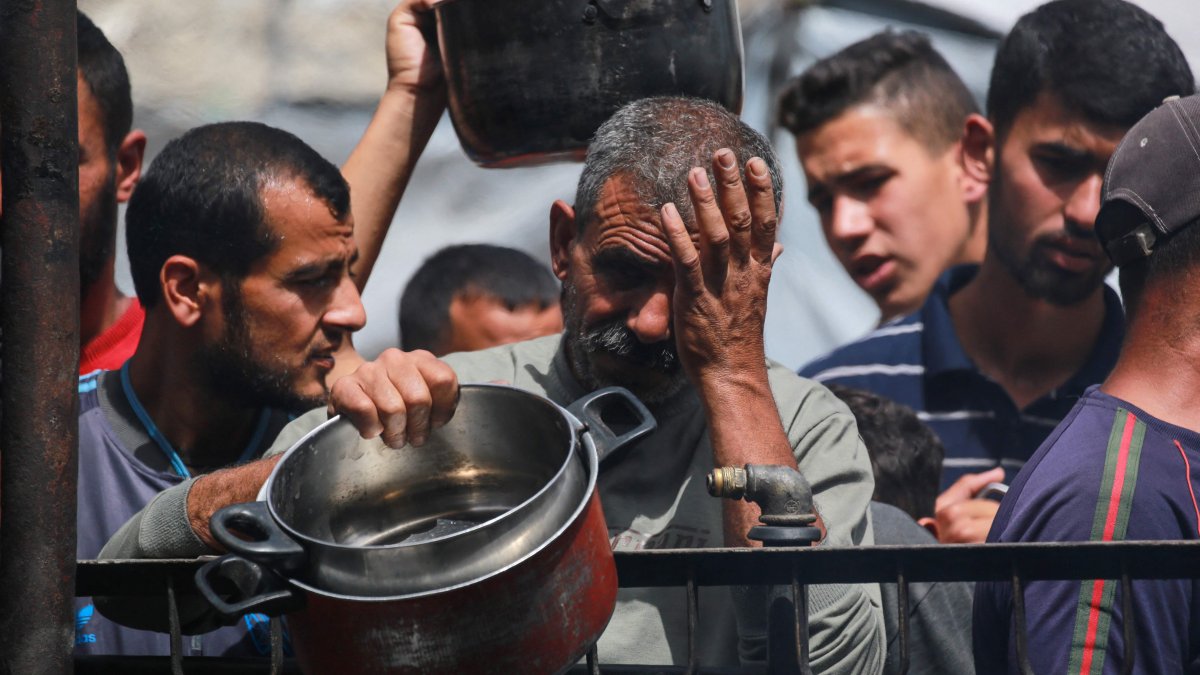

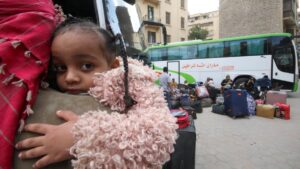
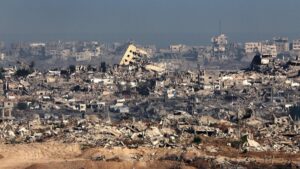

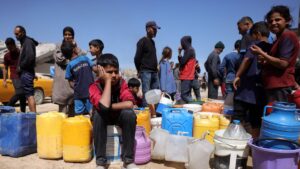



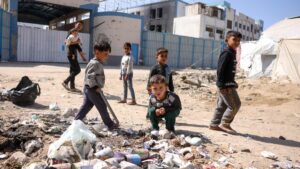




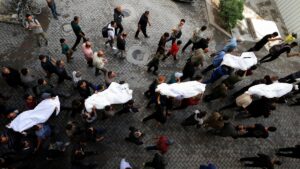
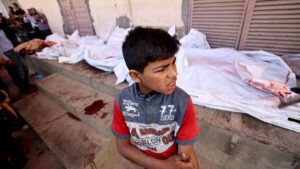
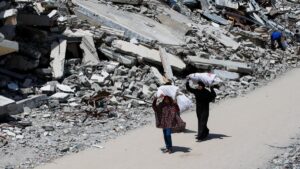
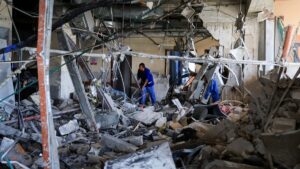
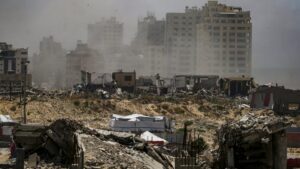



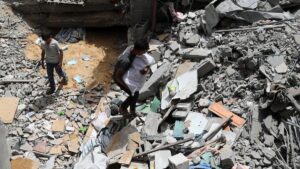
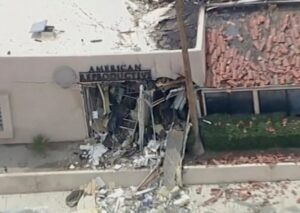
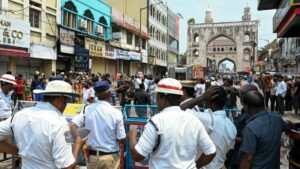







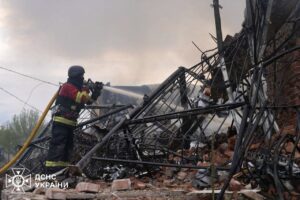


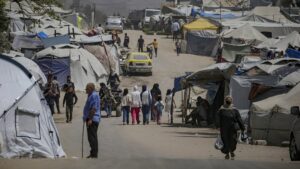
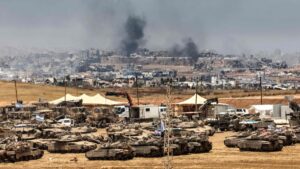
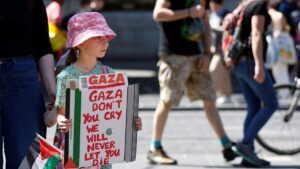






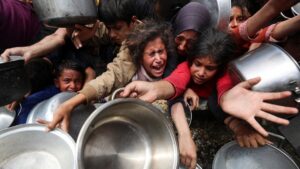
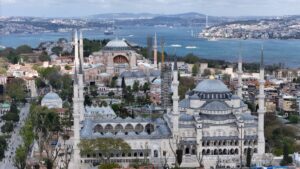



Be First to Comment